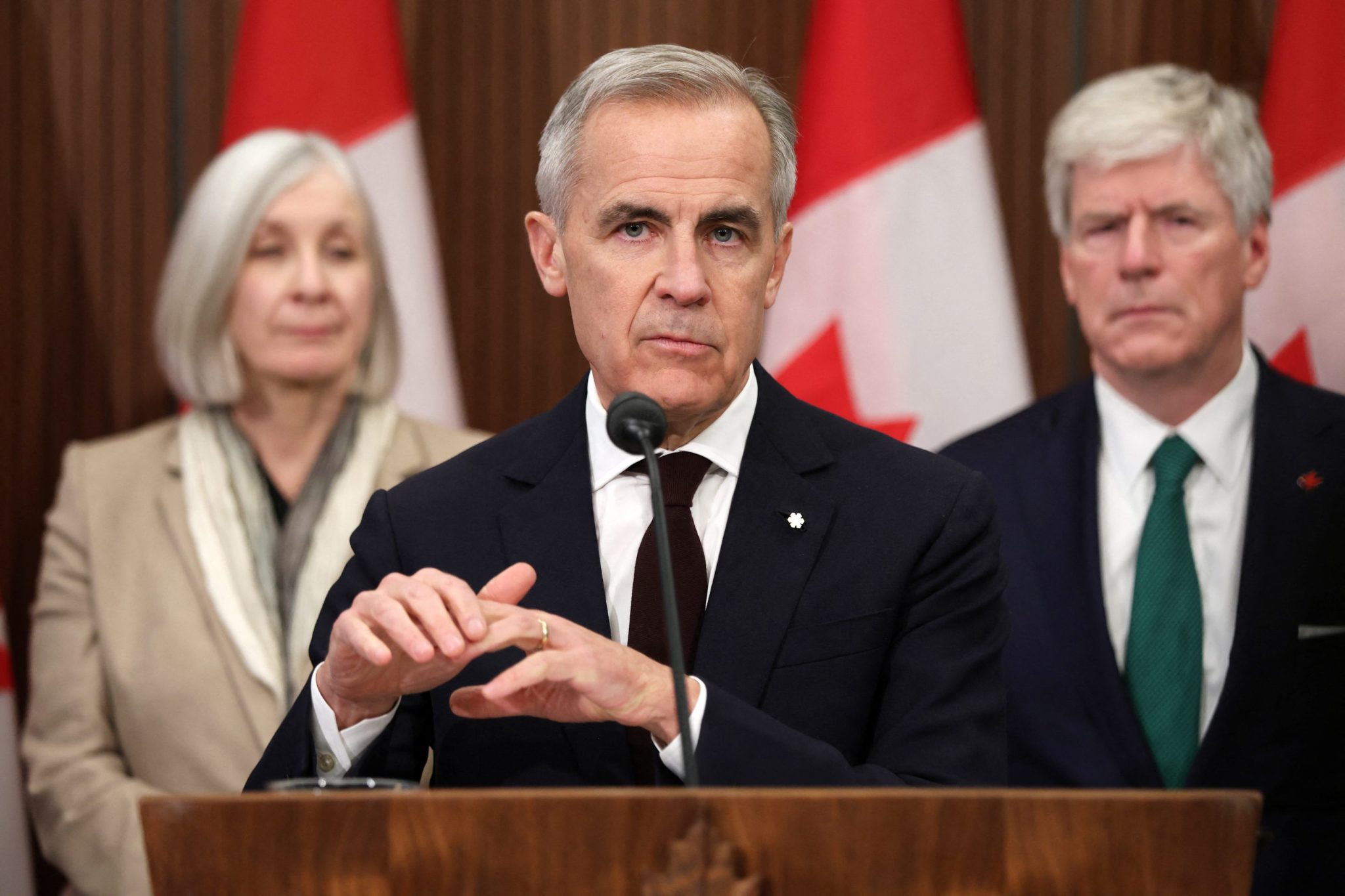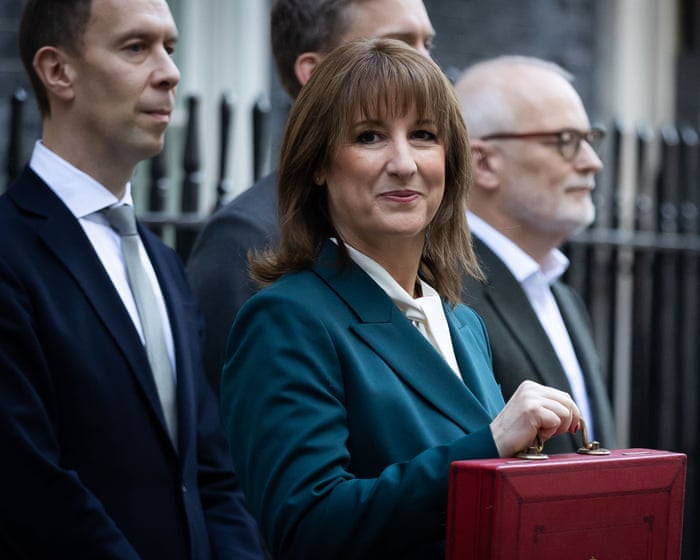Mark Carney reaches deal with Alberta for oil pipeline opposed by First Nations
NegativeFinancial Markets

- Prime Minister Mark Carney has reached an agreement with Alberta to develop a new heavy oil pipeline from the province's oil sands to the Pacific coast, a project that is expected to face significant opposition, particularly from First Nations groups and environmental advocates.
- This deal is pivotal for Carney's administration, as it aims to stimulate economic growth and energy infrastructure, but it has already resulted in political fallout, including the resignation of Canadian Culture Minister Steven Guilbeault, who opposed the project.
- The pipeline initiative underscores the ongoing tensions between Alberta and British Columbia regarding energy projects, highlighting a broader conflict over environmental concerns and economic development, as various stakeholders express skepticism and discontent over the implications of such infrastructure on local communities and ecosystems.
— via World Pulse Now AI Editorial System







